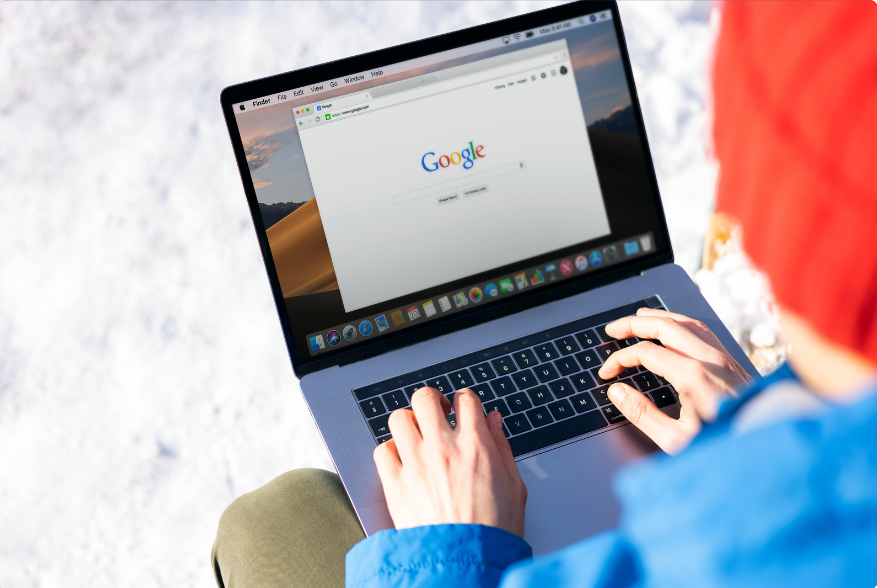In the fast-paced world of artificial intelligence (AI), a recently leaked Google document has sparked a flurry of discussion and speculation.
The document, written by senior Google engineer Luke Sernau, has provided a unique lens into the strategic thinking behind Google’s AI initiatives and its relationship with OpenAI.
To better understand what was actually leaked, let’s delve in.
The Tectonic Shift in AI: A Deep Dive into Google’s Leaked AI Documents
The document reveals a fascinating dynamic: the two behemoths in Artificial Intelligence technology, Google and OpenAI, are in a tight race, but neither seems poised to win it.
This intriguing revelation has emerged at a time when an Artificial Intelligence arms race appears to be unfolding, with both entities battling for dominance.
Google, with its decade-long involvement in Artificial Intelligence, and OpenAI, with its recent global headlines courtesy of its conversational chatbot, ChatGPT, are both vying for the leading edge in Artificial Intelligence technology.

However, Sernau’s perspective offers a sobering reality check. If the current trajectory persists, neither Google nor OpenAI is likely to emerge as the undisputed victor.
The Open Source Advantage
While Google and OpenAI have been locking horns, the open-source community has been quietly making significant strides. Sernau points to examples of this progress, such as large language models running on smartphones and personal AI that can be fine-tuned on a laptop in a single evening.
According to Sernau, AI models developed by private organizations, such as Google and OpenAI, still hold a slight advantage, but that advantage is rapidly diminishing. Open-source models are achieving the same results at a fraction of the cost in a small fraction of the time. It’s a race where billions of dollars are being pitted against a mere $100, and months against weeks.
The Shift to Smaller Models
Sernau draws attention to a key factor slowing down the progress of giants like Google and OpenAI: their reliance on large models. This contrasts sharply with the open-source community’s approach, which benefits from more nimble, quickly iterable models.
Sernau cites the example of LLaMa from Meta, a much smaller model that is easier to work with. He argues that Google should take a leaf out of the open-source book and shift to smaller models.
The Implications
The leaked document paints a picture of a future where superior AI models are freely available, reducing the appeal of paid, potentially inferior offerings from Google or OpenAI. This prospect suggests a dramatic shift in the Artificial Intelligence landscape, with potentially far-reaching implications for Artificial Intelligence companies, developers, and users.
In a world where a single individual can create nine iOS apps in a month thanks to AI, and where AI tools like ChatGPT can not only understand but also emulate an author’s unique voice and tone, the power of AI is becoming increasingly democratized.
Moreover, ChatGPT’s expanded capabilities, including code interpretation and data visualization, are reshaping the way we understand and interpret information.
The Bigger Picture: AI and the Global Stage
The leaked document and its implications are set against a broader backdrop of the global dialogue on Artificial Intelligence.

Recently, the White House convened a meeting with tech industry leaders, including Alphabet CEO Sundar Pichai and OpenAI’s Sam Altman, to discuss the risks of Artificial Intelligence.
It’s a brave new world, and the recent leak shows that the race is far from over. It’s not just about Google or OpenAI anymore; it’s about the global open-source community and the power of collective innovation.
The question now is: how will Google and OpenAI respond to this challenge? Will they adapt and learn from the open-source community, or continue to lag behind?
Only time might tell, but one thing is certain: the future of AI is more exciting than ever. Do you think that these leaked documents have provided us an insightful sight to what’s to come?
Leave a comment below sharing your thoughts.
Note: The views and opinions expressed by the author, or any people mentioned in this article, are for informational purposes only, and they do not constitute financial, investment, or other advice.
Relevant Articles:
Google’s Dreamix & Gen-2: The Future of AI- Generated Videos
Top Data Annotation Companies: Leaders in Labeling Data for AI
New AI VideoGPT: Revolutionizing Video Generation with Transformers

